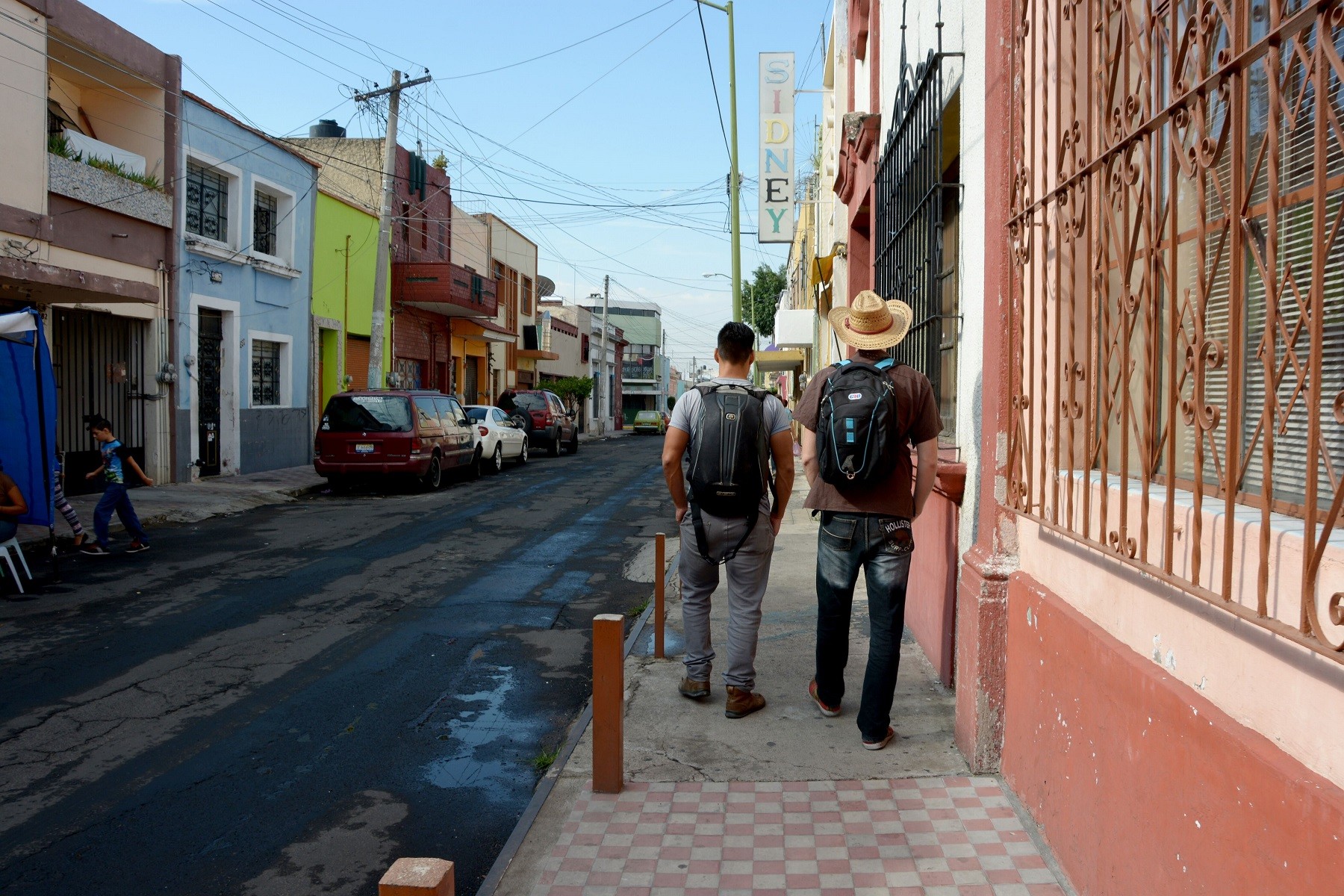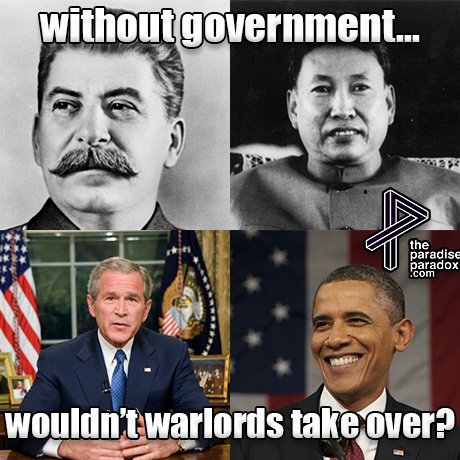The Story: The transition to the information age will end nations
According to the case made in the book “The Sovereign Individual”, the nation state rose to power as a natural consequence of the conditions of the industrial age.
Gunpowder made obsolete the old technology such as armed cavalry, and castles. That set the stage for the efficient smelting of iron, which lead to factories.
Factories are very centralised – making them vulnerable to vandalism and also to taxation. The factory owners needed the protective watch of governments to maintain their properties.
Now we are moving into the information age, and it is much more common to have digital property, in the form of websites and cryptocurrency. In many ways, the nation state is powerless to protect these new forms of property, and in many cases it is powerless to tax them.
Still the belief in the authority of the nation state remains. How long will it hold up? Kurt explores that question and more in this episode of The Paradise Paradox!
The Links:
Urban/Rural divide – Multiversity Project
Post Anarchism, the Sovereign Individual – Multiversity Project
Welfare State Collapse – Multiversity Project
The Cash:
If you enjoy our posts, please like and follow The Paradise Paradox’s page on Steemit where you can join, earn money, and upvote our posts to help support the show! You can also find a lot of additional content which is not posted on this site, with Kurt’s posts on Steemit. Also check out my new site, Cryptonomics, and follow Cryptonomics on Steemit
We really appreciate all of your contributions! Every cent and satoshi we receive lets us know that we’re doing something worthwhile, that you are entertained by our program, and that you’re starting to question what you know more and more. Please be generous. Donate to The Paradise Paradox. Or buy some stuff on Amazon using this link. Or buy some of our great T-shirts here.
The Episode:
Listen and subscribe to The Paradise Paradox on Anchor and other services.
If you enjoyed the episode, don’t keep it a secret! Feel free to share it on Twitter, Tumblr, Facebook, Reddit, or your office bathroom wall.



